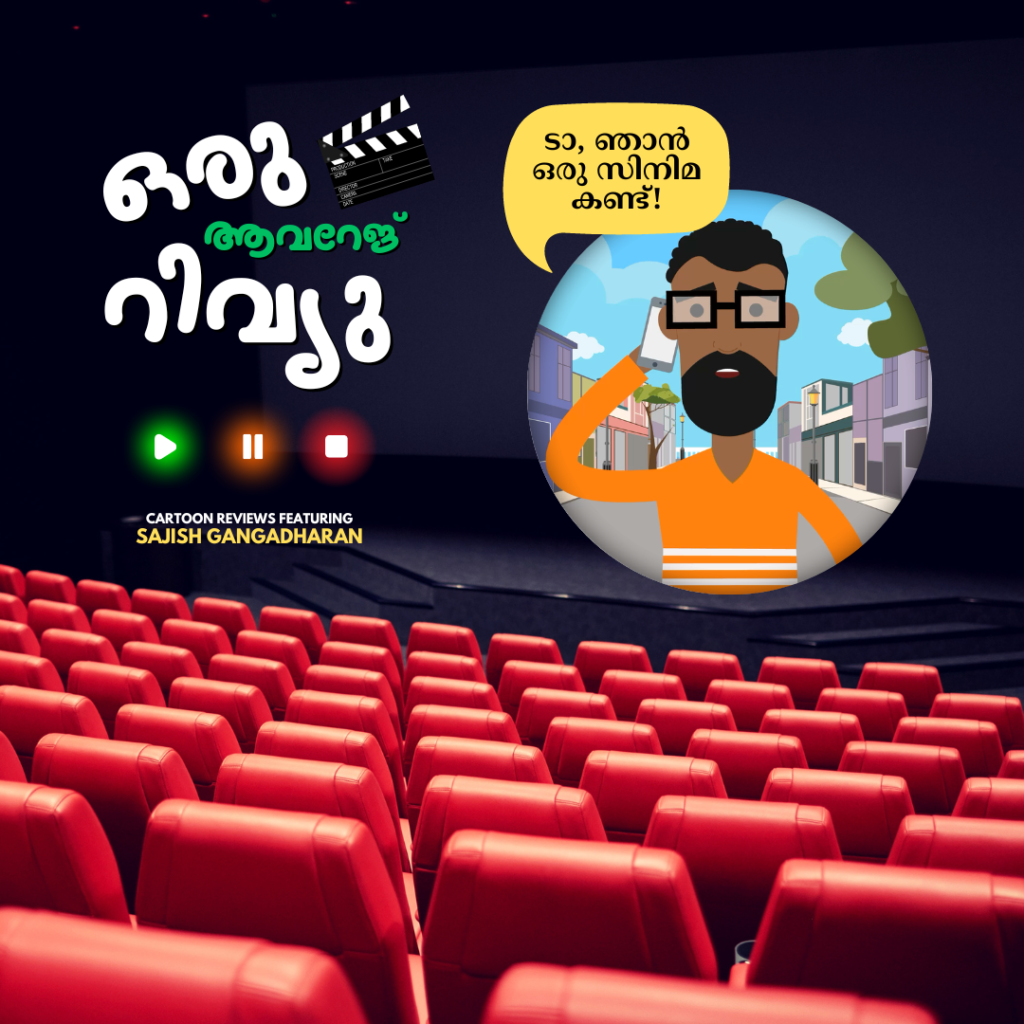TO BHEED OR NOT TO BHEED
As a person of so-called Dalit origins, I can’t help view movies that deal with the issue of caste and caste empowerment without a vicarious sense of representation. “Bheed” too was one such story. It depicts the omnipresent shroud of caste (and class) on the collective Indian psyche, albeit in very easily recognisable cliches. In a tense narrative of a standoff at a police outpost on the border of Delhi during the first COVID lockdown, you find caste hierarchy tightly intertwined in everyone’s behaviour.
Right from the beginning, “Bheed” presents a parade of very familiar news stories (sorry, no spoilers here!) from the first lockdown that took India by surprise, and left thousands of people, especially daily wage earners, stranded in no-man’s-land on the closed-by-government-order highway borders between states… with no one to turn to, especially the government. What turned out to be one of the largest known migrations of human beings in history is not easily forgotten — this movie certainly serves to remind us of it.
We see most of the story through the eyes of Police Inspector Surya Kumar Singh Tikas, played to smoldering perfection by Rajkumar Rao. He carries a large chip on his shoulder owing to his caste, and is deeply troubled by it in everything he does. His lower caste ‘position’ plays havoc with his self-esteem in his romantic relationship with Renu Sharma (Bhumi Pednekar), as also in his relationships with fellow police officers, his senior; even members of the public that he is tasked to contain in his new role as In-Charge at the outpost.
As migrants begin to throng the outpost trying to push past the barricades, tensions mount for some reason or other. Through a series of skits and skirmishes, we are shown a quick cross section of India’s diversity in class and caste, even the ubiquitous Hindu-Muslim divide, with a motley cast of characters that seek to represent one stereotype or another.
Soon, one thing leads to another, and ends in a tense standoff that exposes — through convincing performances by Pankaj Kapur, Ashutosh Rana et al — the underbelly of caste preoccupations that define and dictate people’s behaviour with one another in ‘Hindu’ India, even in the face of utter human desperation.
Ultimately what triumphs is just the will to live and let live, and the overbearing need to fend for oneself in an unjust society. Not a bad end to the story, but disappointing as hell for the Dalit in me — only because “Bheed” could have been just about the lockdown but brings in the caste angle in no uncertain terms. And for that buildup, I certainly wanted the caste tide to turn, even as a pleasant fiction to soothe the underdog mindset.
In the end “Bheed” is a neat movie that somehow feels like a squandered opportunity from a certain personal viewpoint. But that’s just me. Watch it as a quick reminder of what India really is, great performances by the cast, and as a refresher to things we have all but forgotten as a distant memory of the lockdown.
***
SIDE NOTE:
Interestingly, this movie is presented in black and white, something, I feel, keeps our attention focused on the narrative without the distraction of colour.
FOR MORE INFORMATION:
https://www.imdb.com/title/tt15680228/






Leave a Reply